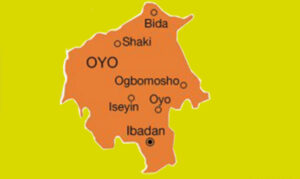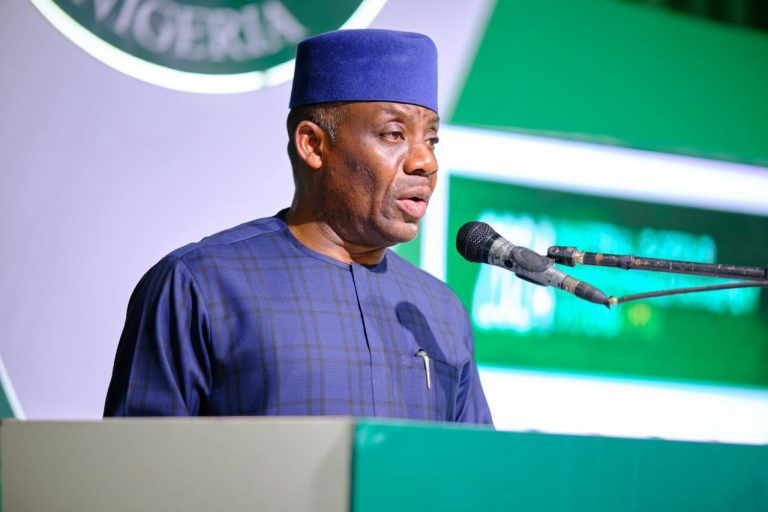
In a landmark shift in Nigeria’s education policy, the Federal Government has announced that Mathematics will no longer be a compulsory subject for students seeking admission into Arts and Humanities programmes in the nation’s tertiary institutions.
The Minister of Education, Dr Maruf Tunji Alausa, disclosed this development on Tuesday, stating that the decision was part of the newly revised National Guidelines for Entry Requirements into Nigerian Tertiary Institutions, designed to enhance inclusivity and eliminate long-standing academic restrictions.
For decades, all admission seekers—whether in the sciences, social sciences, or arts—were required to possess credit passes in both English Language and Mathematics to gain entry into universities and polytechnics.
However, under the new directive, Mathematics will only remain compulsory for candidates in Science, Technology, and Social Science-related disciplines.
A statement released by the Ministry’s spokesperson, Mrs Folasade Boriowo, detailed the updated entry requirements:
Universities: Five credit passes in relevant subjects, including English Language, obtained in not more than two sittings. Mathematics is compulsory for Science, Technology, and Social Science courses.
Polytechnics (ND level): Four credits in relevant subjects, including English Language for non-science programmes and Mathematics for science-based courses.
Polytechnics (HND level): Five credits, including English Language and Mathematics.
Colleges of Education (NCE level): Four credits in relevant subjects, with English mandatory for Arts and Social Sciences, and Mathematics required for Science, Vocational, and Technical programmes.
Dr Alausa described the policy as a deliberate and strategic effort to widen access to tertiary education while maintaining quality standards across all levels of learning.
“This reform will help dismantle unnecessary academic barriers that have prevented many capable students from pursuing their desired career paths,” he said.
Education analysts have widely applauded the reform, describing it as both timely and progressive. An Abuja-based education expert, Mrs Ayodamola Oluwatoyin, hailed the policy as a “forward-looking initiative that will improve admission opportunities and reflect the true relevance of subjects to each field of study.”
“It’s a long-overdue reform that aligns Nigeria’s education system with global standards, making our admission process more inclusive and rational,” she added.
The new framework, which takes immediate effect, will apply across all Nigerian universities, polytechnics, colleges of education, and Innovation Enterprise Institutions.
The Ministry reaffirmed that the reform aligns with President Bola Tinubu’s Renewed Hope Agenda, aimed at overhauling Nigeria’s education sector to meet the evolving needs of a modern, knowledge-driven economy.



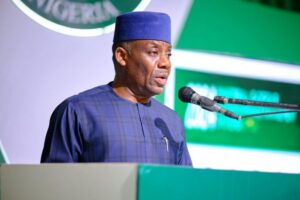
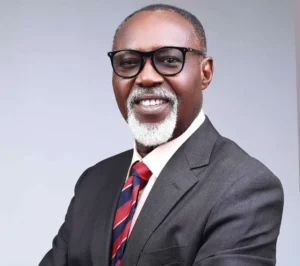
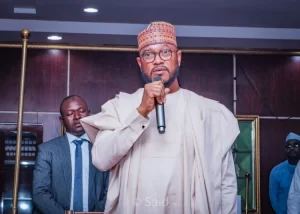
![[PHOTOS] Fire Guts Owode Market In Offa](https://newsbulletin.com.ng/wp-content/uploads/2026/01/InShot_20260128_121216544-300x300.jpg)

